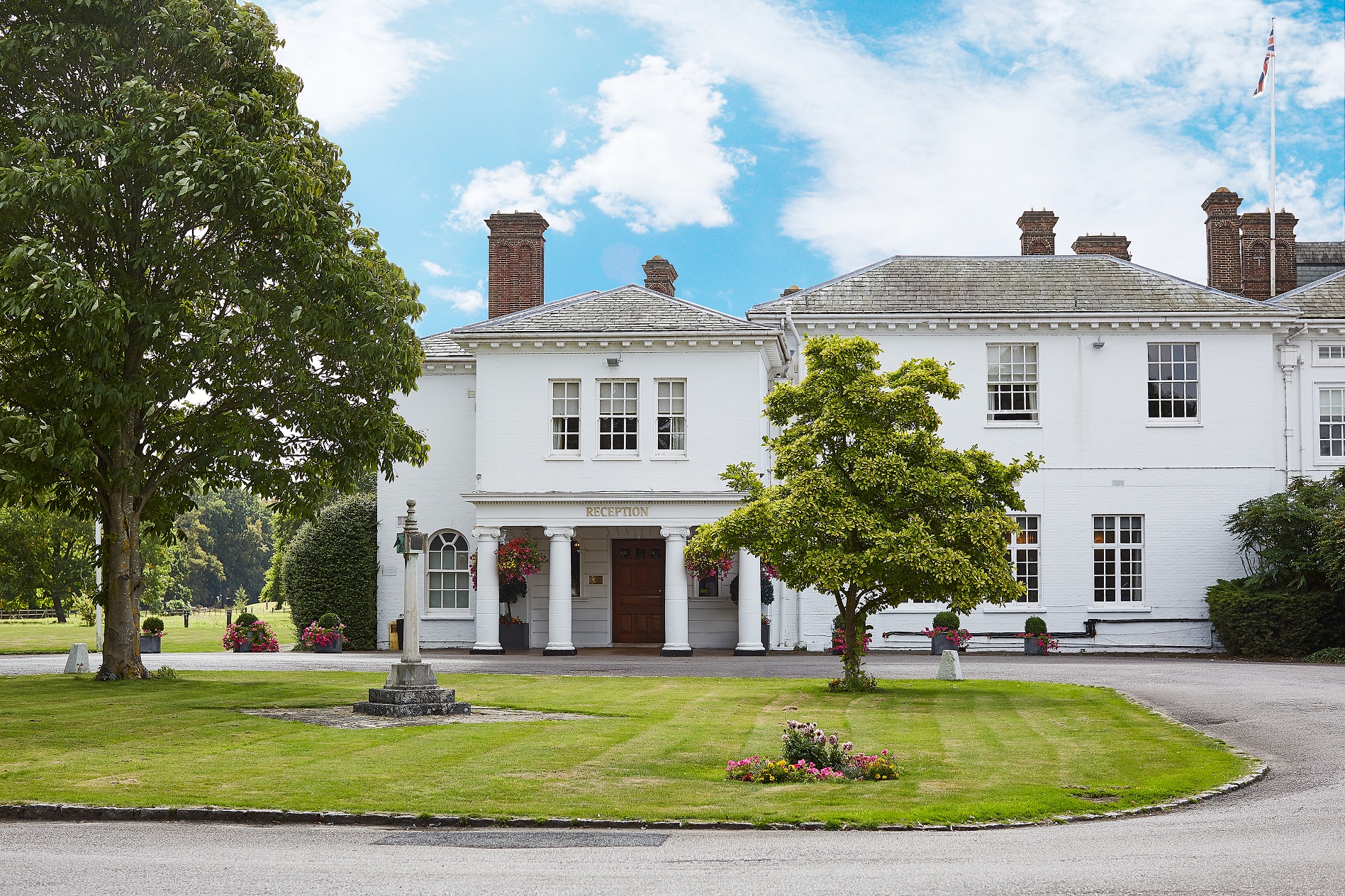British city planners have been urged to look to the Spanish Basque Country for an ideal example of how urban regeneration can help put a place on the business and cultural map.
Speaking at the World Investment Conference in La Baule, France, the European Commissioner for Regional Policy Danuta Hubner, praised the city of Bilbao for transforming itself from a largely grey and depressed city characterised by decades of heavy industry into a modern and cosmopolitan destination for tourists and conference organisers alike, citing the significant upturn in the Basque economy and the thousands of jobs created by the recent waterfront rejuvenation.
As well as Frank Gehry's iconic Guggenheim Museum, Bilbao has also benefited from the construction of a new Metro system designed by Sir Norman Foster and its EuskoTram city-centre transportation system as well as a contemporary retail area; all major draws for business leaders and conference delegates.
As Ms Hubner concluded, Spain's tenth-largest city is a "good example of investment in bricks accompanied by investment in people rejuvenating a city and a region... an example of a complex process for the benefit of knowledge creation, knowledge exploitation and vision".
Notably, a number of British cities are already experiencing
the 'Guggenheim Effect', with the focus being taken away from London and business leaders and conference organisers taking note of the benefits on offer outside of the capital.
Of course, hosting a corporate event outside of the M25 is always going to be cheaper, but then, this was always the case.
What has changed is that cities across the Midlands and the north of England have invested millions in updating their commercial and business districts and are now starting to reap the rewards.
Notably, as with Bilbao, Birmingham has witnessed significant changes over recent years, being transformed from a relatively generic urban sprawl to a thriving city with one of the most characteristic and architecturally daring centres in the country.
And, just as around £500 million was invested in the redevelopment of the 26-acre Bullring site, Birmingham has risen in prestige among business leaders, now accounting for 42 per cent of all UK conference and exhibition trade.
In particular, the UK's second city boasts the world-class International Convention Centre and the National Exhibition Centre (NEC), with the latter having recently announced plans to construct a new multi-million pound venue on now-unused suburban brown-field site.
Furthermore, the European Commissioner also called on European cities to reproduce the 'Guggenheim effect' by developing "knowledge clusters" and forging strong links between businesses and research universities, and in this respect Birmingham is already well ahead of its rivals, both across the UK and Europe.
Not only does the city boast one of the country's leading 'Red Brick' universities and the nearby Aston university, but it is also an economic powerhouse, housing a number of leading industrial, manufacturing and, increasingly, technical enterprises and thereby hundreds of industry leaders.
Though the likes of Manchester and Leeds, and now Liverpool through its European Capital of Culture status are all experiencing renaissances similar to that seen in Bilbao, it is these strong foundations which allow the capital of the Midlands to lead the way as arguably the most attractive corporate conferencing venue in the whole of the UK.
(Related categories of interest see Birmingham Venues, Manchester Venues and Liverpool Venues.)







